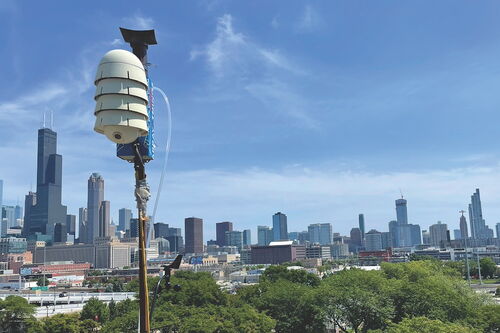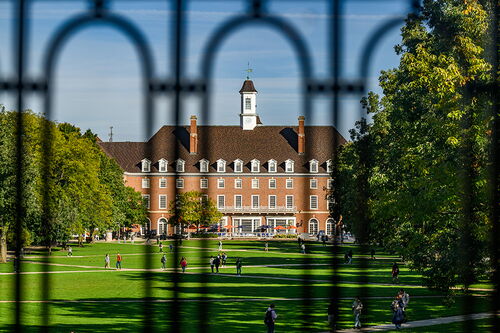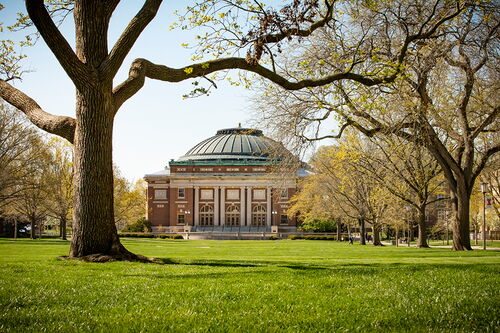Unlocking new antibiotics
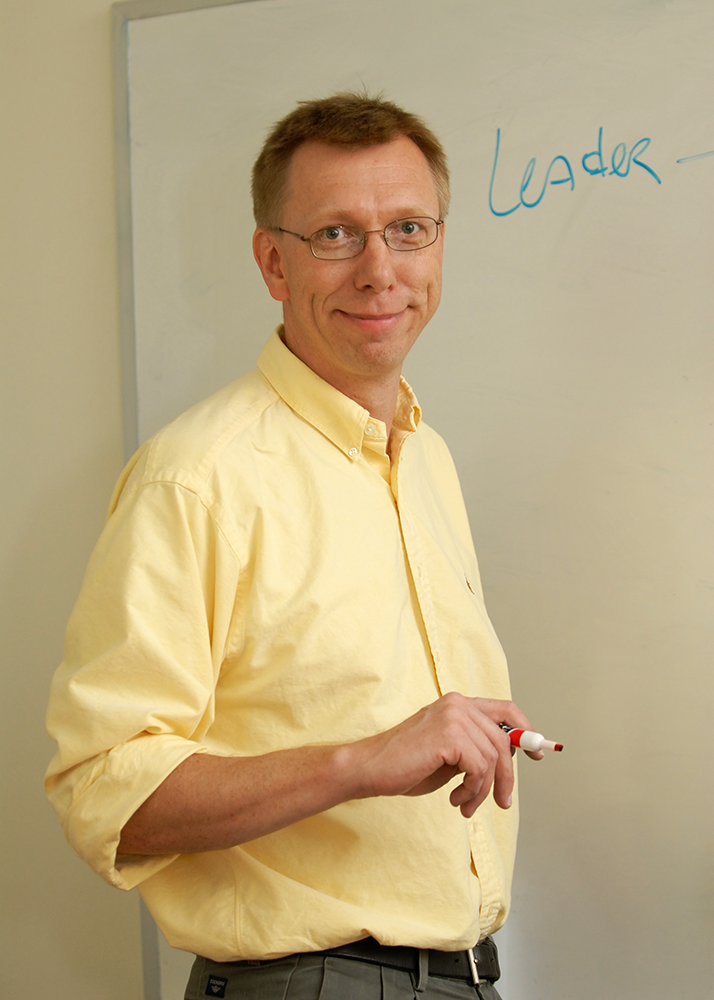
Wilfred van der Donk, the Richard E. Heckert Chair of Chemistry, professor at the Carl R. Woese Institute for Genomic Biology, and Howard Hughes Medical Institute investigator, is a leader in the area of antibiotics research. Read about what he thinks is central to the fight against bacterial resistance to drugs—and how his field has changed in the 20 years he’s been at Illinois.
What are you researching now?
Enzyme mechanisms and antibiotic discovery.
What are you currently researching? Why are you passionate about this area of research?
We are developing methods that take advantage of the huge amount of genomic information that has become available to find new antibiotics. Most of our current antibiotics are compounds that are made in nature by microorganisms to fight off their competitors. We now know from the many genome sequences, that nature constitutes a tremendous reservoir of other such compounds that could be our future antibiotics. The question is how to access these compounds. The growing problem of antibiotic resistance and the lack of a strong response from industry and government means that there is an important role to play by academic research, especially to develop methods to unlock nature’s treasure chest of antibiotics.
What impact will your work have on your field and the community?
It is very hard and takes tremendous resources to develop drugs. Whether our compounds will ever clear that high hurdle is debatable, but we hope that the methods we develop will at some point be adopted in industry and thus help society to ward off the looming prospect of infectious diseases raising havoc again in the developed world.
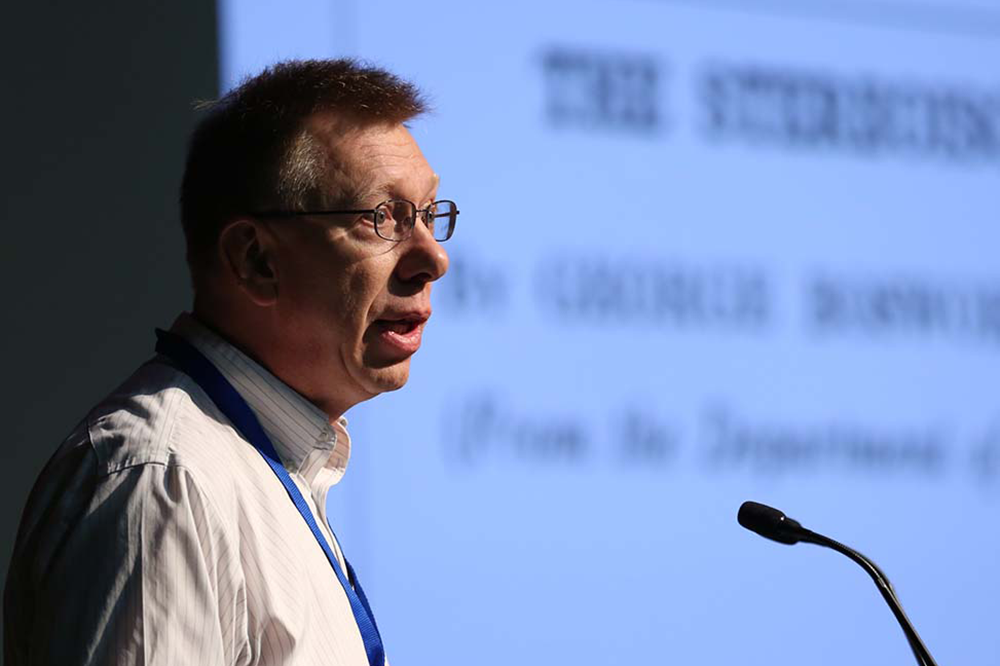
The availability of genome sequences of bacteria and fungi has greatly expanded the number of accessible natural products. As a result, the field has changed from studying one compound at-a-time discovered by activity-based screening of bacterial strain collections to genome mining on a large scale. The genome sequences have served essentially as turning on the light in a dark very large hall and we can now see everything there is. Now we need to figure out where to best look for the next therapeutics and how to produce them.
What are you most proud of in your work?
Probably the establishment of the chemistry-biology interface training program back in 2005. From student feedback, this National Institutes of Health-funded program has had a profound impact on training and career development of graduate students in the School of Chemical Sciences and the School of Molecular and Cellular Biology. I think it has also helped form collaborations across this interface on campus.
Editor's note: This LAS Experts profile is part of a series to highlight the groundbreaking work by faculty in the College of LAS. Visit here for other profiles.






